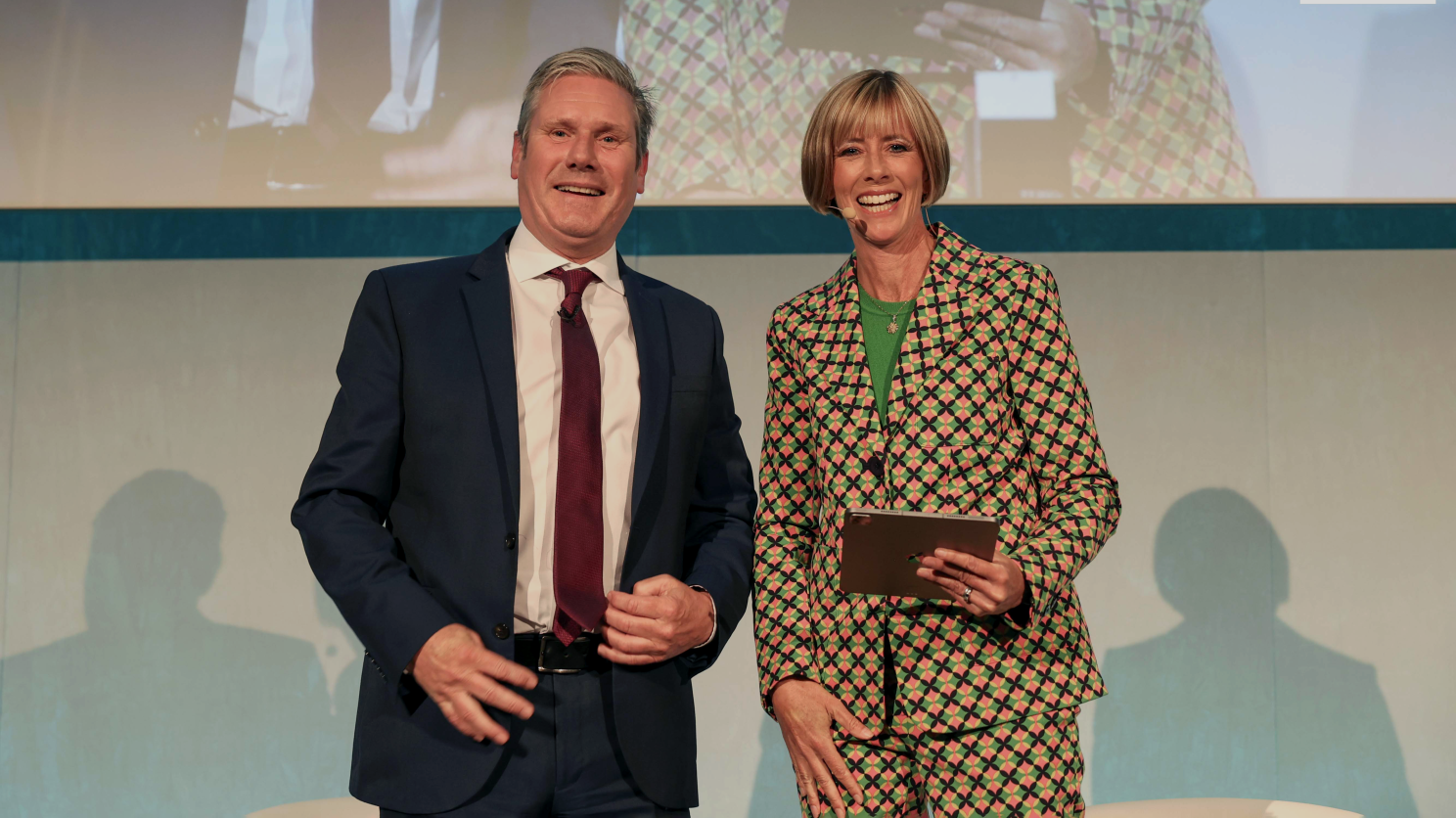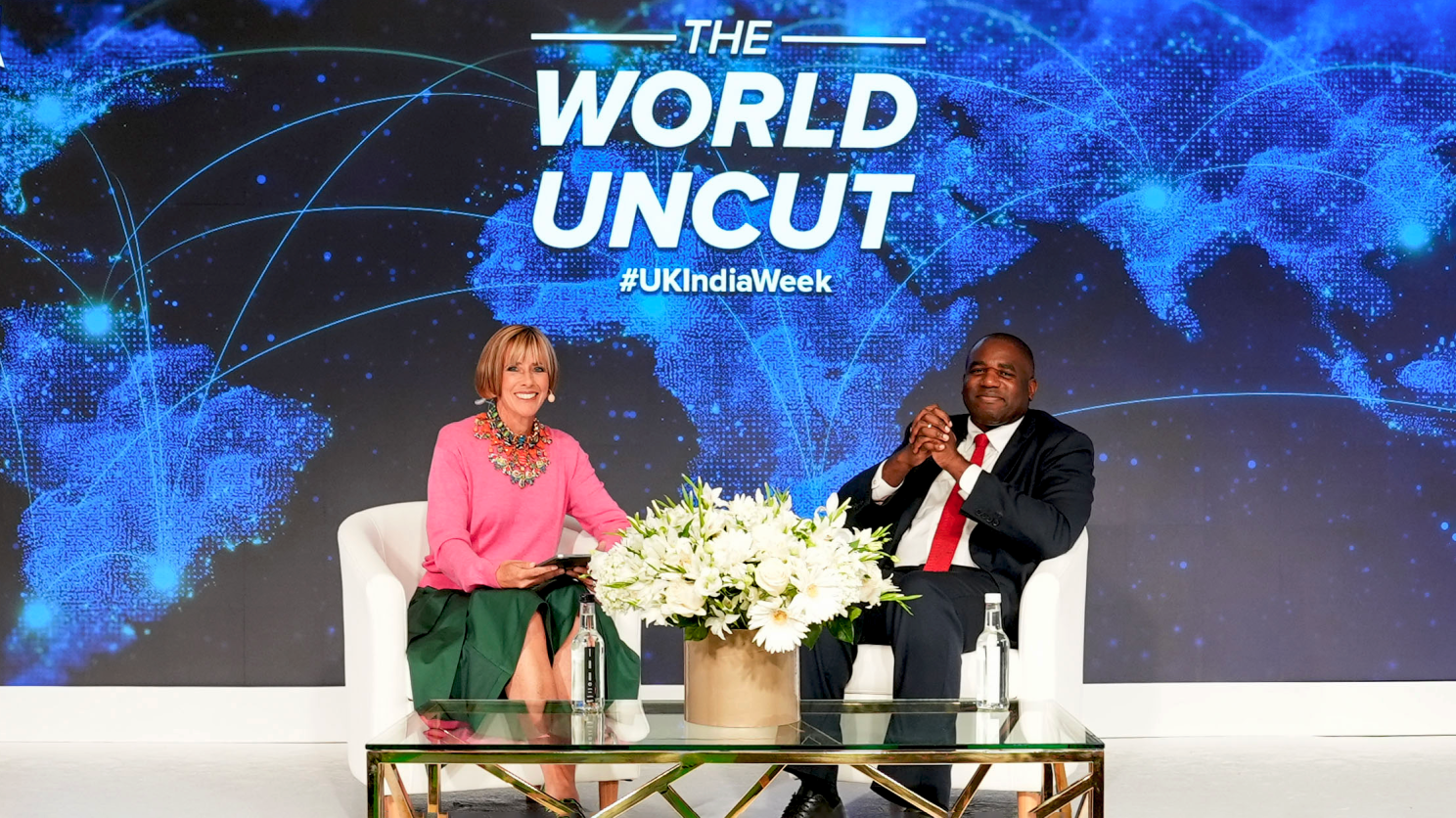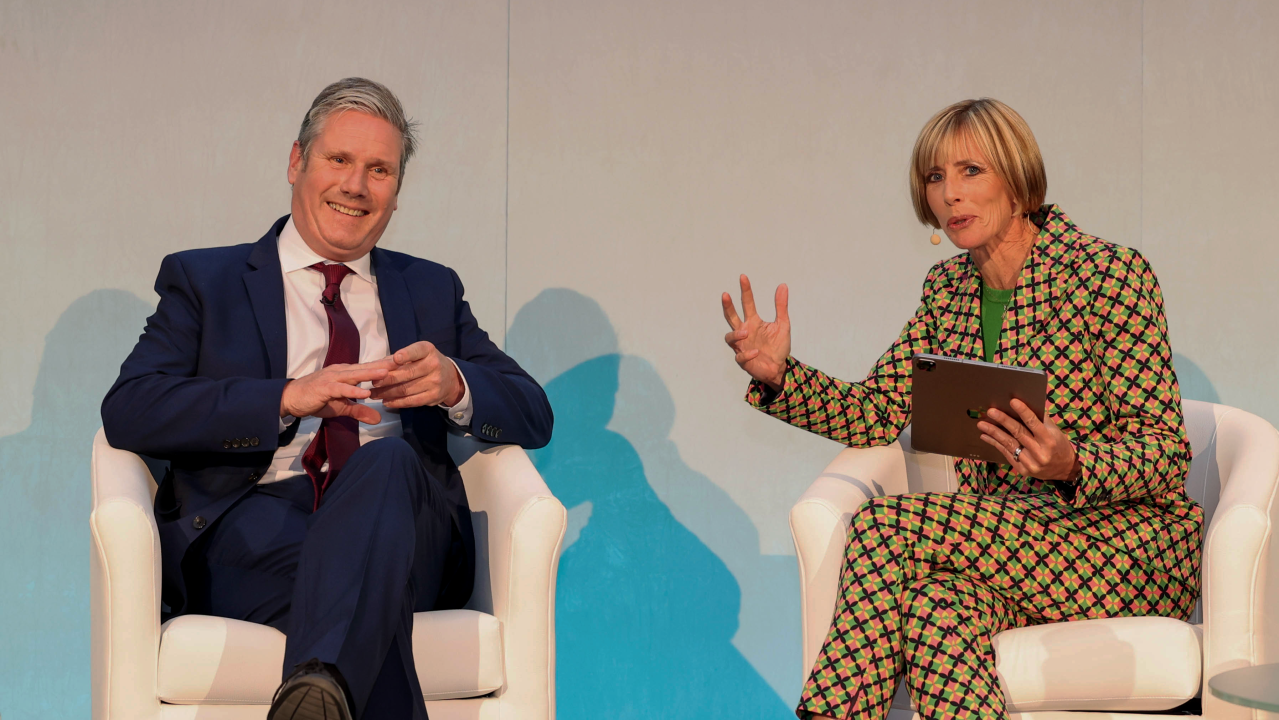Strengthening UK-India relations: What’s next?
Sir Keir Starmer remains under pressure from within the Labour party over his stance on Israel and Gaza. As we look towards a likely 2024 UK election, Starmer’s stance could well cost Labour votes among important constituencies, like the 3.8 million Muslims and younger voters. Perhaps more importantly it gives an indication of where we’ll see the cracks in a Labour UK government.
Last June, I spoke to Sir Keir Starmer for the India Global Forum. His speech and our subsequent interview highlighted a noticeable departure from the Labour leader’s predecessor, Jeremy Corbyn, who created divisions between the party and the British-Indian Community.
Starmer’s rhetorical style makes me think of Joe Biden’s – very few fireworks, focused on facts and data. Quite different to those of previous leaders, to put it mildly.

The British Indian ‘vote’ is no more a monolith than any other portion of the British vote. Yet it’s worth noting that in recent years as a group their support for the left has diminished. In 2010, roughly 6 in 10 supported Labour. By 2021, only 4 in 10 British Indians supported Labour.
So what is Starmer’s approach to entice them back into the fold?
When I asked him if it was time to press Control-Alt-Delete on UK-India relations, and in particular between the Labour Party and India, his answer was, ‘from time to time resetting is the right approach.’ ‘Acknowledge the history, and set out the ambition for the future.’ ‘Look forward not backwards.’ He’s keen on the UK-India trade deal (as are British-Indian businesses) – and even before the trade deal becomes a reality it promotes collaborations in healthcare, science, technology, and innovation. Starmer recognised India’s growing economy, its burgeoning middle class, and the potential for British businesses to thrive within this dynamic market.
In the year in which the NHS turned 75, Starmer also recognised the contribution of the Indian community to the British Healthcare system and highlighted Labour’s plan to double the number of students coming through to become doctors, midwives and other healthcare workers.
Our conversation spanned enhanced cooperation with the EU (but no outright Brexit reversal), regulating the use of AI and economic growth through clean power and renewables, laying out the plans for a Green Prosperity Fund and generating clean power by 2030. He hasn’t used Chat GPT to write an email or a speech, though was curious to hear what it would throw up if he asked it about Prime Minister’s Questions.
And what about the sticky question of the history of inequality or exploitation during the colonial era? Should the UK return the Koh-i-Noor diamond? I’m afraid I didn’t get an answer on that. But I did try!
In an interview later in the week I also had the Shadow Foreign Secretary, David Lammy on stage. Lammy has Indian heritage – and is the descendent of an indentured worker who came from Calcutta to Guiana to work on British plantations. And as someone who has a relationship to the issue of colonialism, he says, “we should be able to move on from some of the darker and tougher moments in our country with a degree of honesty, but in the end look forward.”

Alongside recognizing India’s growing power in a multipolar world, Lammy advocated for more UK-India cooperation on healthcare, biotech, quantum, AI, energy because, ‘the future is being written in the South Indian subcontinent’. And to support that cooperation, ‘the mission of the Foreign Office has got to be one that is driven by economic diplomacy, which is key to delivering growth.’ While he wouldn’t put a number to the number of additional diplomats he would place in India, he was critical of the diplomatic cuts that were made in the Indo-Pacific, the scrapping of the Department for International Development and the 0.7% of GDP funding towards developemnt which has damaged the UK’s reputation around the world.
As I reflect on my conversations with Keir Starmer and David Lammy, I feel somewhat optimistic. While Starmer’s problematic and stated stance on Israel and Gaza puts him under pressure from within the Labour party, his recent efforts to undo the work of his predecessor, Jeremy Corbyn, who created divisions between the party and the British-Indian Community, are notable. With the support of David Lammy, his mission to re-establish and rebuild UK-India relations is promising, actively making an effort to rebuild relationships, embracing a vision of cooperation, founded on trust, understanding, and shared aspirations. If I were cynical, I’d infer that Starmer is out collecting votes. But whether Labour is elected or not, his moves to rebuild trust and strengthening bonds within the Indian community are encouraging.
